|
|
|
|
Danish filmmaker Camilla Nielsson attracted rave reviews for her 2014 documentary Democrats, tracking an outspoken lawyer through Zimbabwe’s constitution-making process. She has followed it up with President, which has just opened Encounters, an annual festival in South Africa that features African and international human rights-driven documentaries. The film has been met with glowing reviews. David B.Moore agrees that it’s a good
production. But he also thinks that local audiences will spot a few gaps and problems.
Nigeria is debating the legalisation of marijuana. A state governor is actively campaigning for it, while the country’s House of Representatives is organising a public hearing on the issue. But Sunday Olakunle Idowu urges caution. He points out that the debate should be guided by science – not economics or law. And that the country’s universities should first develop the capacity to do good research on the varieties of marijuana grown in
the region before a decision is taken.
Subscribe to our WhatsApp bulletin here.
|
Charl Blignaut
Arts, Culture and Society Editor
|

|
|
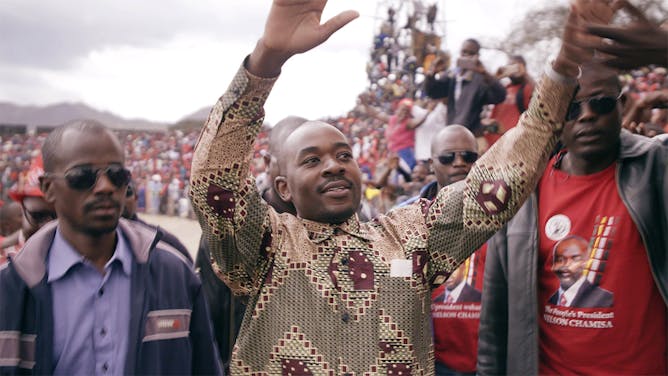
A still featuring opposition leader Nelson Chamisa from the film President (2021).
Louverture Films/President/Encounters South African International Documentary Festival
David B. Moore, University of Johannesburg
The award-winning documentary - now on in South Africa - follows opposition leader Nelson Chamisa. But it spends too much time in meetings instead of giving insight into the bigger picture.
|

Science should guide the debate about legalising marijuana in Nigeria
Kevin Cummins/Getty Images
Sunday Olakunle Idowu, University of Ibadan
Legalising marijuana in Nigeria should start with what science is required and what scientific capability the country has.
|
Business + Economy
|
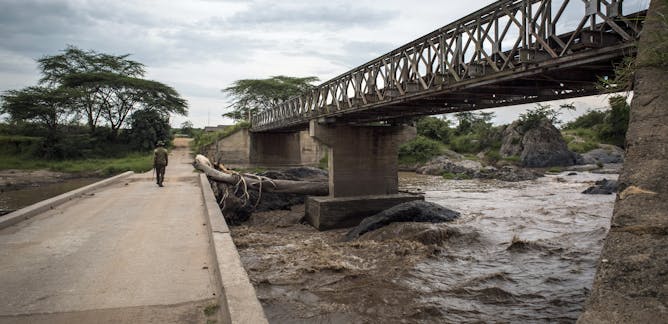
Amani George Rweyendela, University of Dodoma; William John Mwegoha, University of Dodoma
Governments must ensure that transport infrastructure is developed with the ability to cope with current and future climatic shifts.
| |
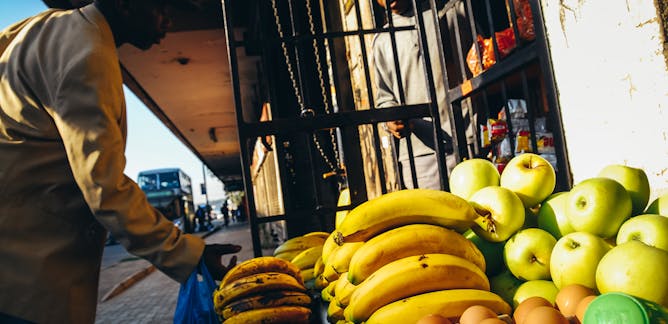
Justine Olawande Daramola, Cape Peninsula University of Technology
It's time African governments supported the development of online platforms designed to support local people in the informal sector.
|
|
|
Health + Medicine
|

Mai-Lei Woo Kinshella, University of British Columbia; Alinane Linda Nyondo-Mipando, University of Malawi
Malawi was one of the early adopters of kangaroo mother care, with a pilot intervention in 1999.
| |

Kaymarlin Govender, University of KwaZulu-Natal; Linda-Gail Bekker, University of Cape Town
Not achieving the targets for children and adolescents in sub-Saharan Africa means that new infections will continue to increase and HIV related mortality will be a reality for decades to come.
|
|
|
From our international editions
|

Erin Bass, University of Nebraska Omaha
Wriggling out of paying taxes may be legal, but is it right? Aristotle, Immanuel Kant – and others – have their say.
| |

George Ferns, Cardiff University; Marcus Gomes, Cardiff University
Rhetoric is hardening, but government policies still honour the special relationship with fossil fuels.
|
|
|
En Français
|
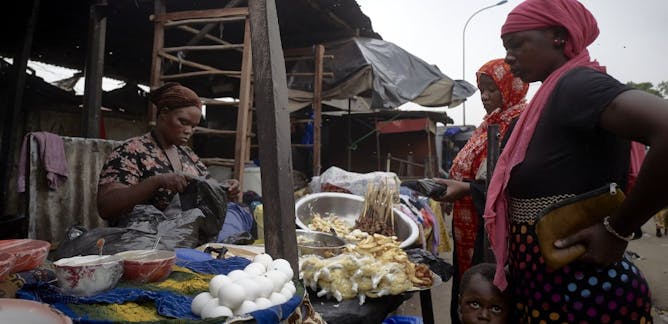
Sandrine Dury, Cirad; Ludovic Temple, Cirad; Precillia Tata Ngome, Institut de Recherche Agricole pour le Développement (IRAD); Syndhia Mathe, Cirad
Les mesures prises en Afrique subsaharienne pour endiguer la propagation du Covid-19 ont eu des effets négatifs sur la sécurité alimentaire des populations les plus fragiles.
| |
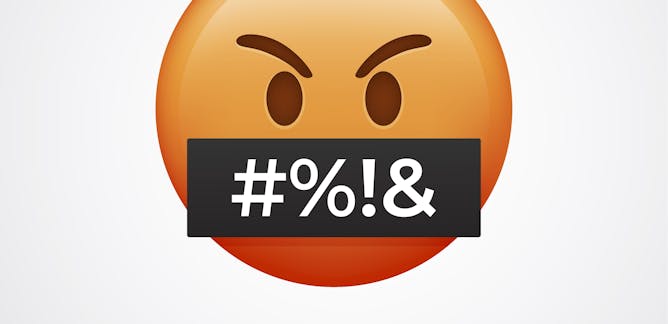
Richard Khoury, Université Laval
La propagation des messages toxiques est un grave problème sur Internet, qui a d’abord été imaginé pour s’exprimer librement, mais qui a ouvert la porte aux commentaires agressifs et violents.
|
|
|
| |
| |
| |
| |

|
| |
| |
| |
Featured events
|
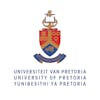
|
University Road, Hatfield, Gauteng, 0083, South Africa — University of Pretoria
|
|
|
|
| |
| |
| |
Would you like to republish any of these articles?
|
|
It’s free to republish, here are the guidelines.
Contact us on africa-republish@theconversation.com in case you need assistance.
|
| |
| |
| |
| |
|
|
|
|
|
|
|